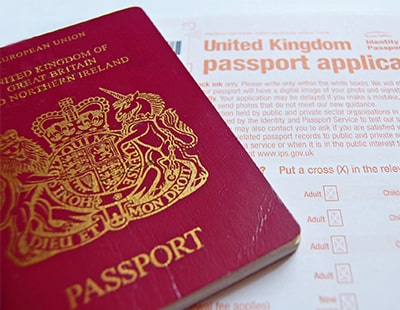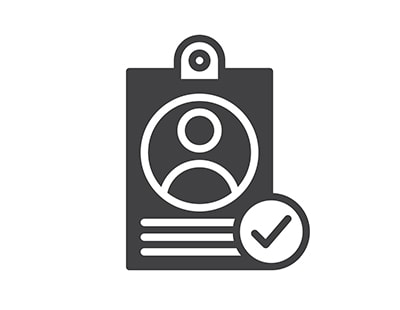
Identity checks remain a crucial part of the home moving process, yet new research shows that regulated firms using manual methods of verification to onboard new individual customers are wasting hours of business time doing so.
In a new survey by anti-money laundering (AML) software provider SmartSearch more insight into the identity checks process was uncovered.
The truth behind most customer verification checks
The new data shows that a quarter of 500 decision-makers at firms in the finance and banking, property, and legal sectors admitted to verifying new customers using manual checks with hard-copy documents such as passports and utility bills.
Many of these participants acknowledging that manual checks are less secure and admitted that those documents took them days or even weeks to process
33% felt confident about being able to identify a fake document such as a passport, driving licence, or utility bill.
For over half of the participants, this process could take between two days and a week. For one in eight of the participants checking documents would take over a week.
With forged documents becoming increasingly difficult to identify, more robust methods must be relied on.
Martin Cheek, SmartSearch managing director said of the survey’s results: “These figures underline the inefficiency and unreliability of using manual processes to verify new customers.
“They also show that while regulated firms persist with these time-consuming, flawed processes, “dirty” money will continue to be washed through the UK economy.
“EV combines credit reference data with other reliable sources and is almost impossible to fake.
“The 2020 Money Laundering and Terrorist Finance Act even recommends that regulated firms use electronic verification (EV) as part of their due diligence to make it as effective as possible.
“Using EV doesn’t just minimise the risk of breaching AML rules, it also makes the firms’ own customer journeys more efficient, helping those who use it to stand out from their competitors.






















Join the conversation
Be the first to comment (please use the comment box below)
Please login to comment